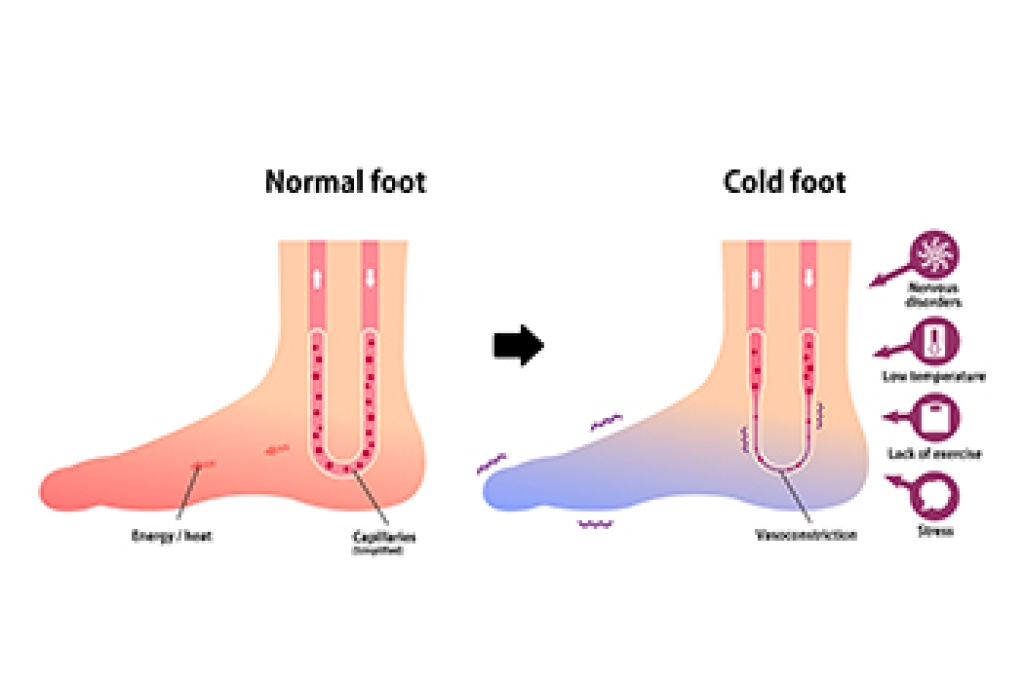
Foot stress fractures develop when repeated pressure on the bones of the feet builds faster than the body can recover. Risk increases with a sudden increase in activity, such as adding distance, speed, or training days too quickly. Moving from softer ground to harder surfaces raises impact through the toes, midfoot, and heel. Foot problems like bunions or blisters can change how weight is placed, forcing one bone to absorb extra stress. Shoes lacking adequate support, poor fit, stiffness, or heavy wear increase strain, especially during long-term walking or standing. Flip-flops can worsen this effect. Sports that involve running, jumping, or quick direction changes raise the risk of stress fractures, but extended walking on uneven ground can also lead to problems. Bone weakness and a prior stress fracture further increase risk. For help with foot problems, it is suggested that you consult a podiatrist for an exam and treatment.
Stress fractures occur when there is a tiny crack within a bone. To learn more, contact Carrie Frame, DPM from West Virginia Foot & Ankle. Our doctor can provide the care you need to keep you pain free and on your feet.
How Are They Caused?
Stress fractures are the result of repetitive force being placed on the bone. Since the lower leg and feet often carry most of the body’s weight, stress fractures are likely to occur in these areas. If you rush into a new exercise, you are more likely to develop a stress fracture since you are starting too much, too soon. Pain resulting from stress fractures may go unnoticed at first, however it may start to worsen over time.
Risk Factors
- Gender – They are more commonly found in women compared to men.
- Foot Problems – People with unusual arches in their feet are more likely to develop stress fractures.
- Certain Sports – Dancers, gymnasts, tennis players, runners, and basketball players are more likely to develop stress fractures.
- Lack of Nutrients – A lack of vitamin D and calcium may weaken the bones and make you more prone to stress fractures
- Weak Bones – Osteoporosis can weaken the bones therefore resulting in stress fractures
Stress fractures do not always heal properly, so it is important that you seek help from a podiatrist if you suspect you may have one. Ignoring your stress fracture may cause it to worsen, and you may develop chronic pain as well as additional fractures.
If you have any questions please contact our office located in Charleston, WV . We offer the newest diagnostic and treatment technologies for all your foot and ankle needs.




